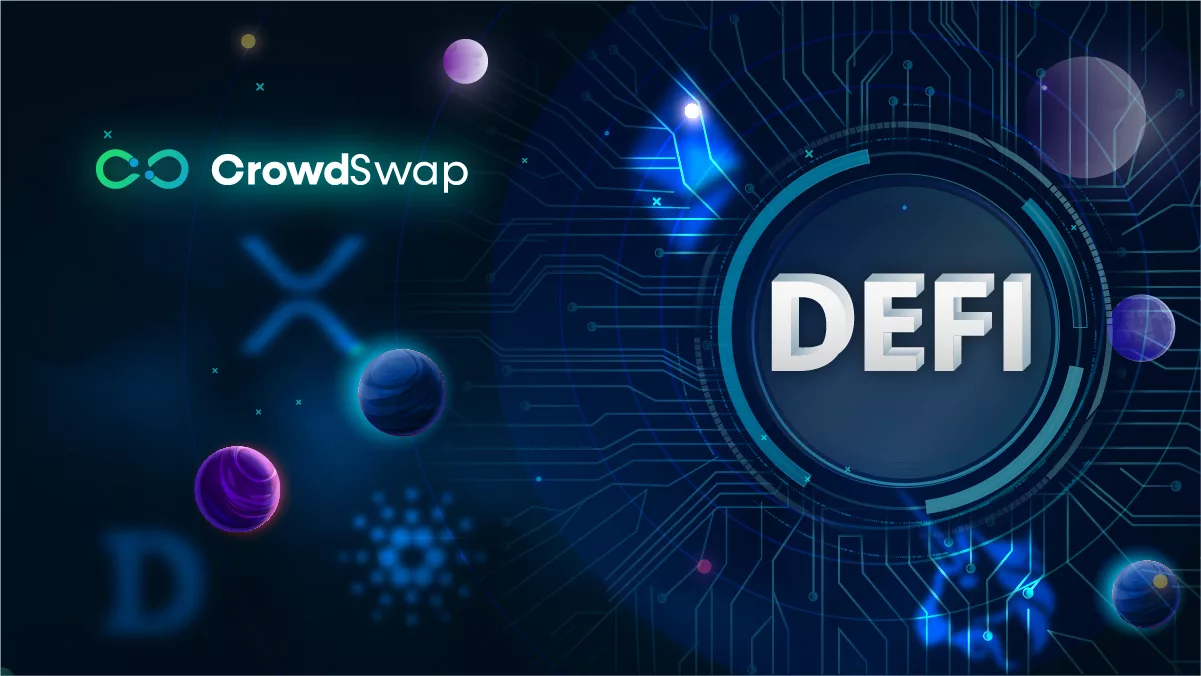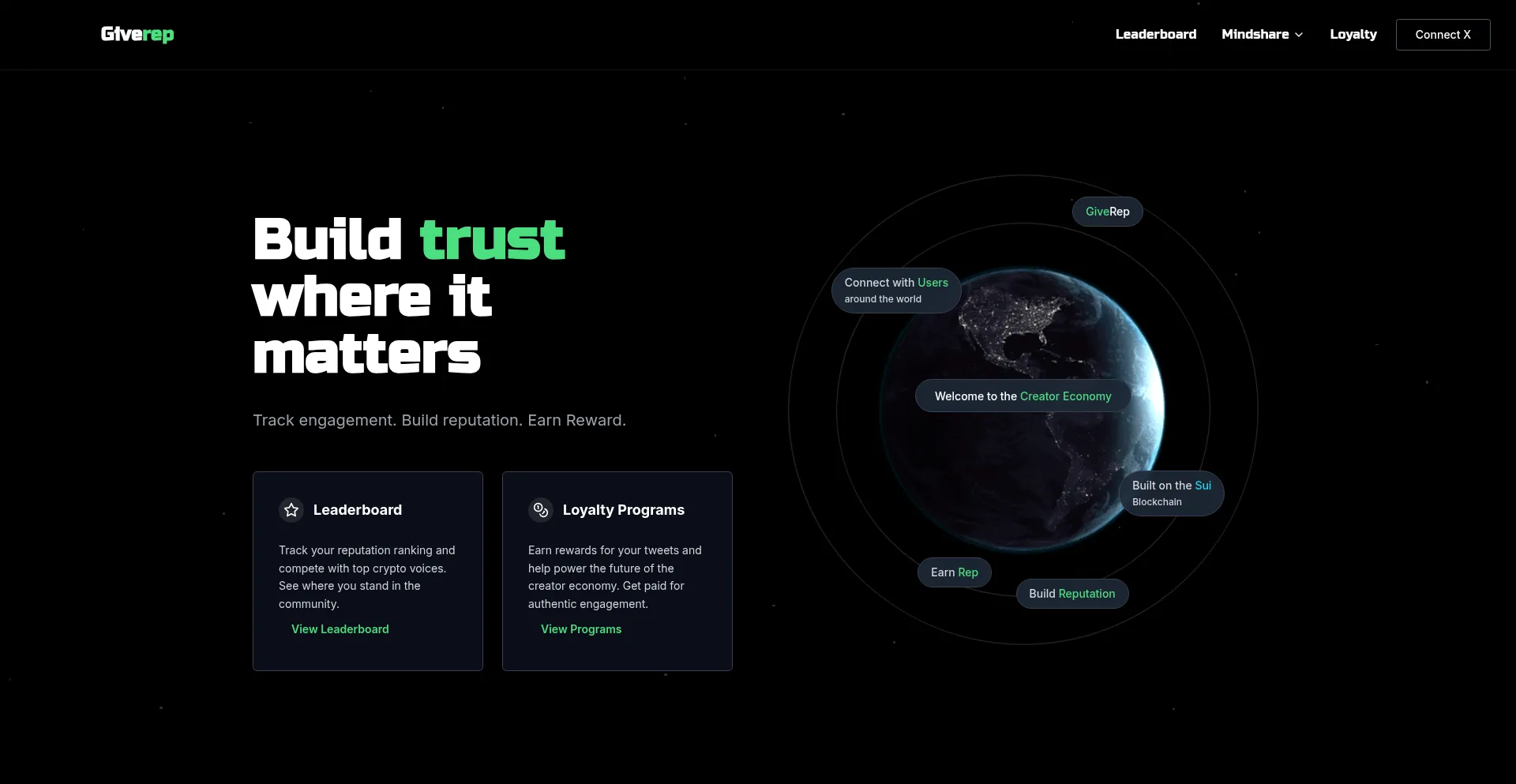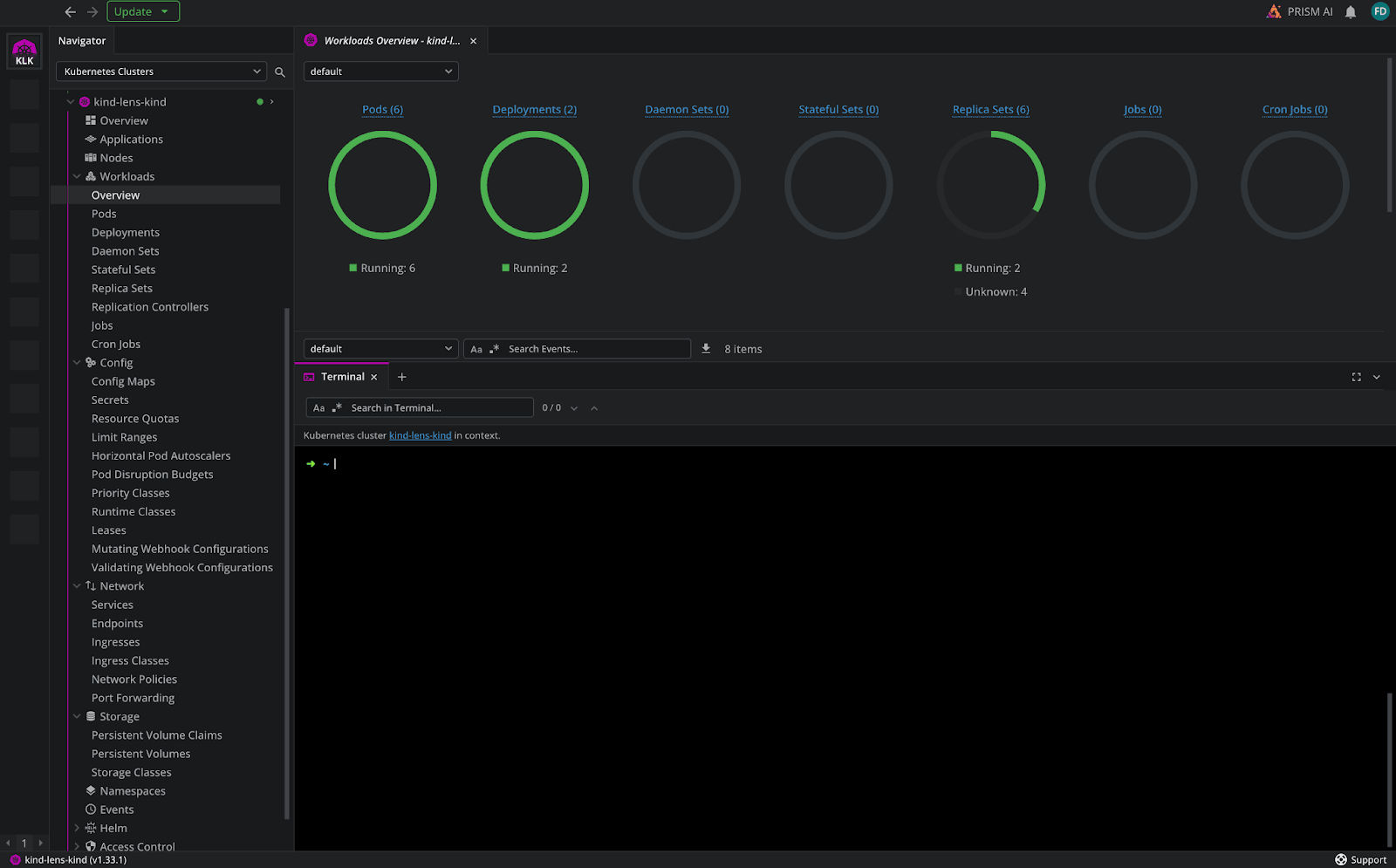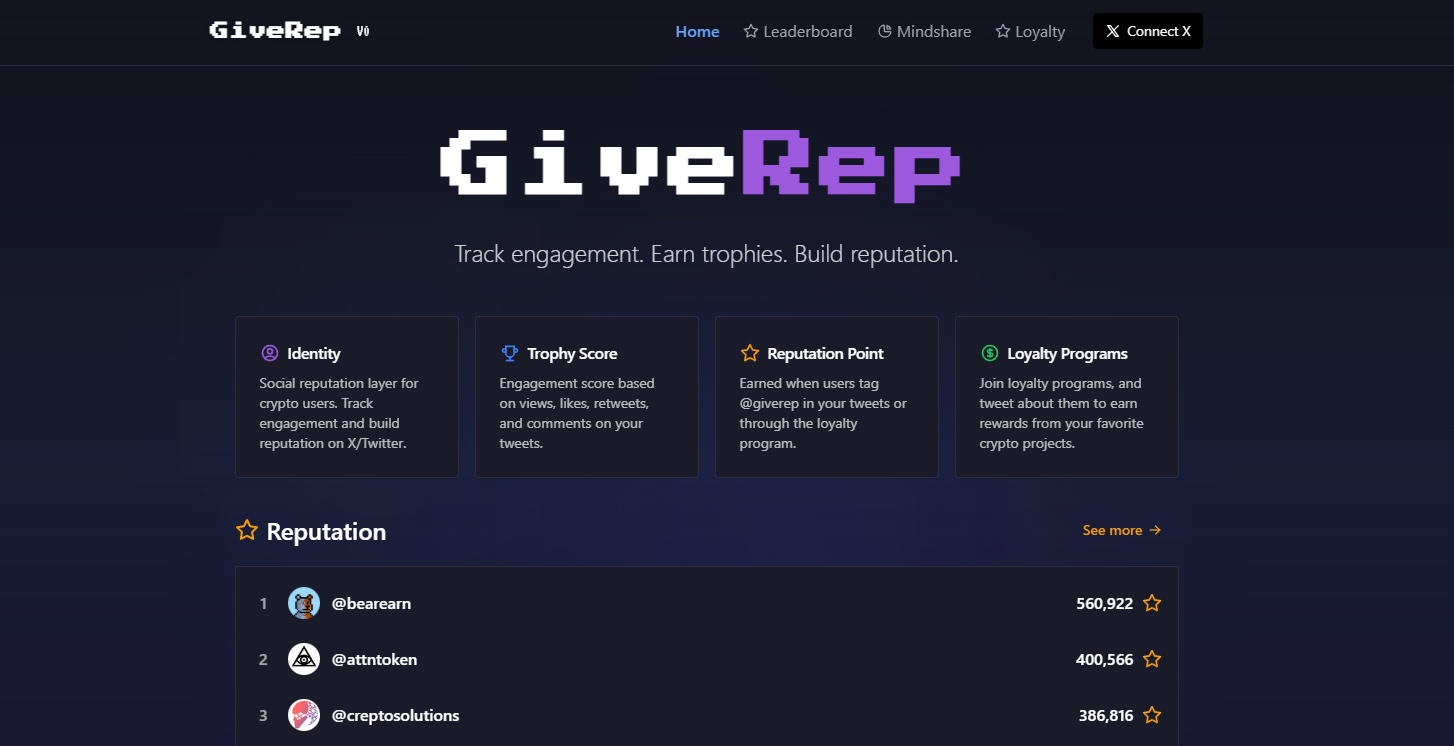
In the rapidly evolving world of decentralized finance (DeFi), the way we think about governance token incentives is undergoing a seismic shift. No longer is power solely in the hands of those with the deepest pockets. Instead, reputation-based rewards are emerging as a dynamic force, rewarding users for meaningful participation and reshaping how influence is distributed across protocols.

From Token Weight to Social Weight: A New Era in DeFi Governance
Historically, DeFi governance has been dominated by token-weighted voting. Whoever held the most tokens wielded the greatest influence, a system that, while simple, often led to centralization and disengagement from everyday users. This approach left smaller participants feeling powerless and incentivized passive holding over active contribution.
The new wave of reputation-based governance models flips this narrative. Platforms now allocate voting power and rewards based on user contributions, engagement, and positive behavior within their ecosystems. In effect, your reputation, built through trading activity, social engagement, or community support, becomes as valuable as your wallet balance.
A standout example is Lens Protocol, which leverages a Social Graph Score to evaluate user interactions such as follows, posts, and comments. Higher scores unlock access to monetization tools and increase visibility within the network. Similarly, Karma3 Labs employs decentralized reputation protocols to track on-chain activities and issue scores that directly impact governance participation and reward eligibility.
The Rise of GiveRep: Quantifying On-Chain Reputation
Among the platforms at the forefront of this movement is GiveRep, a SocialFi project built on the Sui blockchain. Rather than focusing on token holdings alone, GiveRep quantifies user reputation based on social media activity, particularly on X (formerly Twitter): and other verifiable on-chain actions (source). Users earn points when others tag @GiveRep in tweets or through referrals and trading activity via their loyalty program.
This approach not only democratizes access to rewards but also aligns incentives with behaviors that drive genuine value for communities. By tracking engagement across multiple fronts, social influence, trading volume, referrals, GiveRep aims to build a more resilient and meritocratic governance structure for crypto projects.
Key Benefits of Reputation-Based Rewards in DeFi
-

Promotes Meritocratic Governance: Reputation-based rewards ensure that decision-making power and incentives are distributed based on active participation and positive contributions rather than mere token holdings. This approach, seen on platforms like Lens Protocol and Karma3 Labs, helps align governance with the community’s best interests.
-

Enhances Community Engagement: By rewarding users for meaningful engagement—such as social activity, trading, and referrals—platforms like GiveRep foster a more vibrant and involved DeFi community. This incentivizes ongoing participation and constructive contributions.
-

Reduces Power Concentration: Allocating influence based on reputation, rather than just token ownership, helps prevent governance from being dominated by a few large stakeholders. This creates a more balanced and decentralized decision-making process across DeFi protocols.
-

Improves Sybil Resistance: Tying rewards and governance rights to verifiable reputation profiles makes it harder for bad actors to manipulate outcomes through fake accounts, as implemented in systems like Karma3 Labs.
-

Encourages Long-Term Value Creation: Reputation-based incentives reward sustained, positive behavior over time, motivating users to contribute to the ecosystem’s health and growth rather than seeking short-term gains.
The platform’s leaderboard system further gamifies participation by ranking contributors based on accumulated reputation points (REP). This public recognition encourages ongoing involvement while providing transparent metrics for future governance decisions.
Unlocking Sustainable Crypto Rewards Through Active Engagement
The promise of sustainable crypto rewards lies at the heart of these new models. By rewarding active DAO engagement rather than passive holding or speculative trading alone, protocols foster healthier communities where everyone has an incentive to contribute constructively.
Key advantages include:
- Enhanced Community Engagement: Reputation-based systems drive higher quality interactions by tying rewards directly to constructive behavior.
- Mitigation of Power Concentration: Influence becomes more evenly distributed as it’s earned through ongoing participation rather than initial capital outlay alone.
- Sybil Resistance: Linking reputation to verifiable identities makes it harder for malicious actors to game voting outcomes with fake accounts (source).
This transition is not without its challenges, subjectivity in assessing contributions and potential early mover advantages remain concerns, but hybrid models are emerging that blend token-based and reputation-driven elements for greater balance (source). As these systems mature, expect them to set new standards for fairness and resilience in DeFi governance structures.
Platforms like GiveRep are leading the charge in quantifying and rewarding on-chain reputation, providing a blueprint for how decentralized communities can thrive beyond just financial incentives. By incorporating metrics from social engagement, trading activity, and referrals, GiveRep’s model helps ensure that rewards flow to those who actively contribute to community vitality rather than simply those who accumulate tokens.
What distinguishes GiveRep is its focus on making reputation portable and transparent. Users can track their standing in real-time via public leaderboards and even leverage their growing reputation across multiple platforms within the ecosystem. This creates a positive feedback loop: as users see tangible benefits from meaningful participation, they’re more likely to remain engaged, driving further value creation for the protocol as a whole.
Integrating Reputation with Crypto Rewards Cards
The implications of reputation-based rewards extend into the world of crypto rewards cards as well. Forward-thinking card providers are exploring how on-chain reputation, verified through protocols like GiveRep, can be used to unlock exclusive perks or higher earning rates for cardholders who demonstrate consistent, positive community engagement. This approach not only incentivizes responsible behavior but also bridges DeFi governance with everyday financial autonomy.
How Crypto Rewards Cards Can Use On-Chain Reputation
-

Dynamic Rewards Tiers Based on GiveRep Scores: Crypto rewards cards could offer higher cashback or points multipliers to users with strong on-chain reputation profiles, such as high GiveRep scores. This incentivizes positive community engagement and social activity.
-

Exclusive Access to Governance Perks: Cardholders with verified reputation—tracked via platforms like GiveRep or Lens Protocol—could unlock special governance voting rights or early access to DeFi project launches, linking card benefits to meaningful ecosystem participation.
-

Personalized Loyalty Offers for Active Social Contributors: By analyzing on-chain reputation data from platforms such as GiveRep, rewards cards could deliver tailored perks (e.g., higher staking yields, NFT drops) to users who consistently engage and contribute across crypto communities.
-

Sybil-Resistant Bonus Programs: Leveraging decentralized reputation protocols like Karma3 Labs, cards can ensure that bonus rewards are only distributed to genuine, high-reputation users, reducing fraudulent activity and multi-account abuse.
-

Integrated SocialFi Leaderboards and Competitions: Rewards cards could feature leaderboards powered by on-chain reputation metrics (e.g., GiveRep or Lens Protocol Social Graph Score), gamifying engagement and offering prizes to top contributors.
For example, imagine a scenario where your active participation in DAO proposals or verified contributions to open-source projects earns you bonus cashback or lower fees on your favorite crypto card. Such integrations would further align personal incentives with the health and growth of decentralized networks.
Navigating Risks and Ensuring Fairness
No system is without its trade-offs. While reputation-based models offer more inclusive governance token incentives, they must be designed carefully to avoid entrenching early movers or creating new forms of bias. Protocols need transparent algorithms that regularly update scores based on recent activity rather than static historical data. Community oversight and open-source code reviews are essential to maintain trust in these systems.
Another consideration is privacy. As more user actions become part of an immutable on-chain record, balancing transparency with individual privacy rights will require innovative cryptographic solutions and opt-in consent mechanisms.
The bottom line: Reputation-based rewards are not just a trend, they represent an evolution in how DeFi protocols align incentives for sustainable growth. By prioritizing active participation over passive holding, these systems promise fairer governance structures that empower all users, not just whales, to shape the future of decentralized finance.







